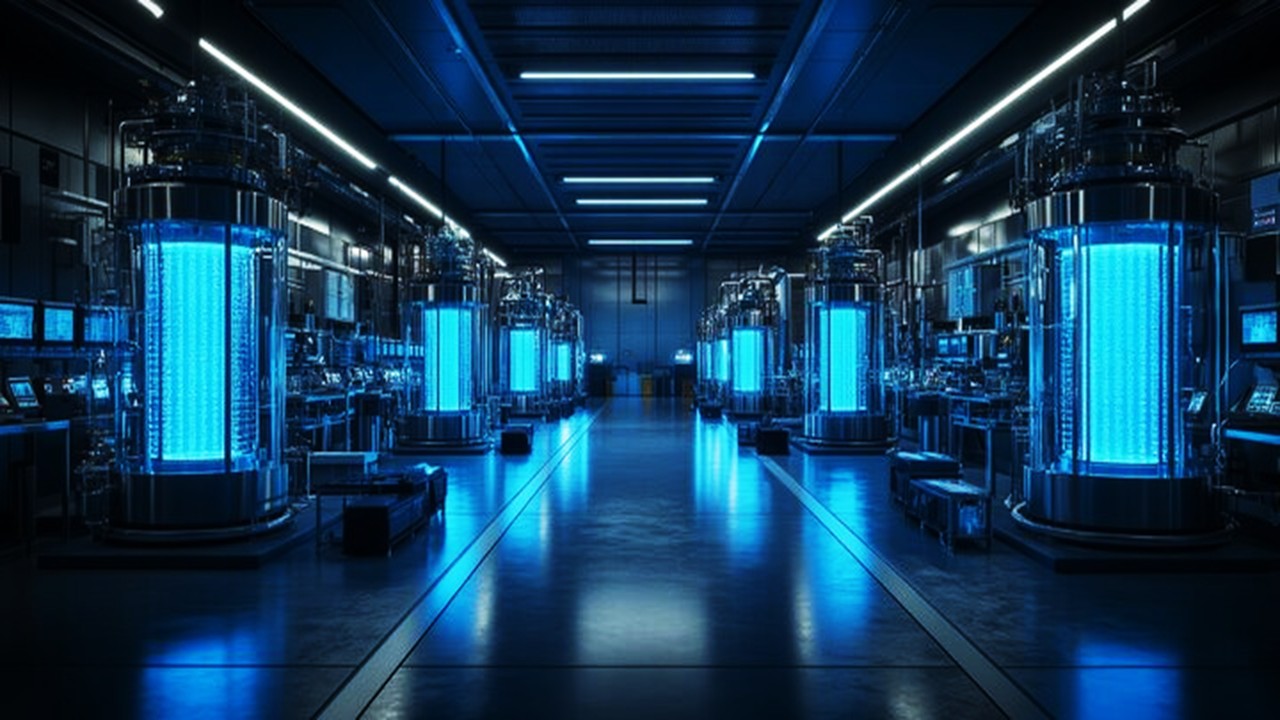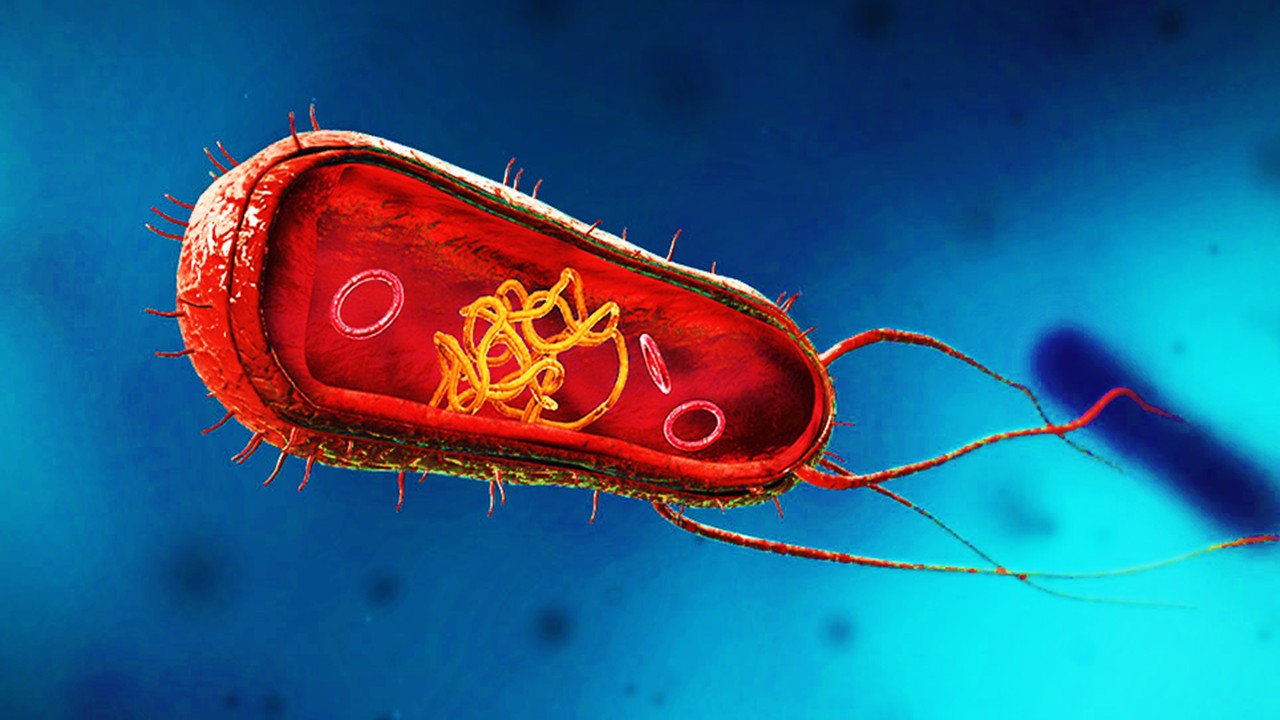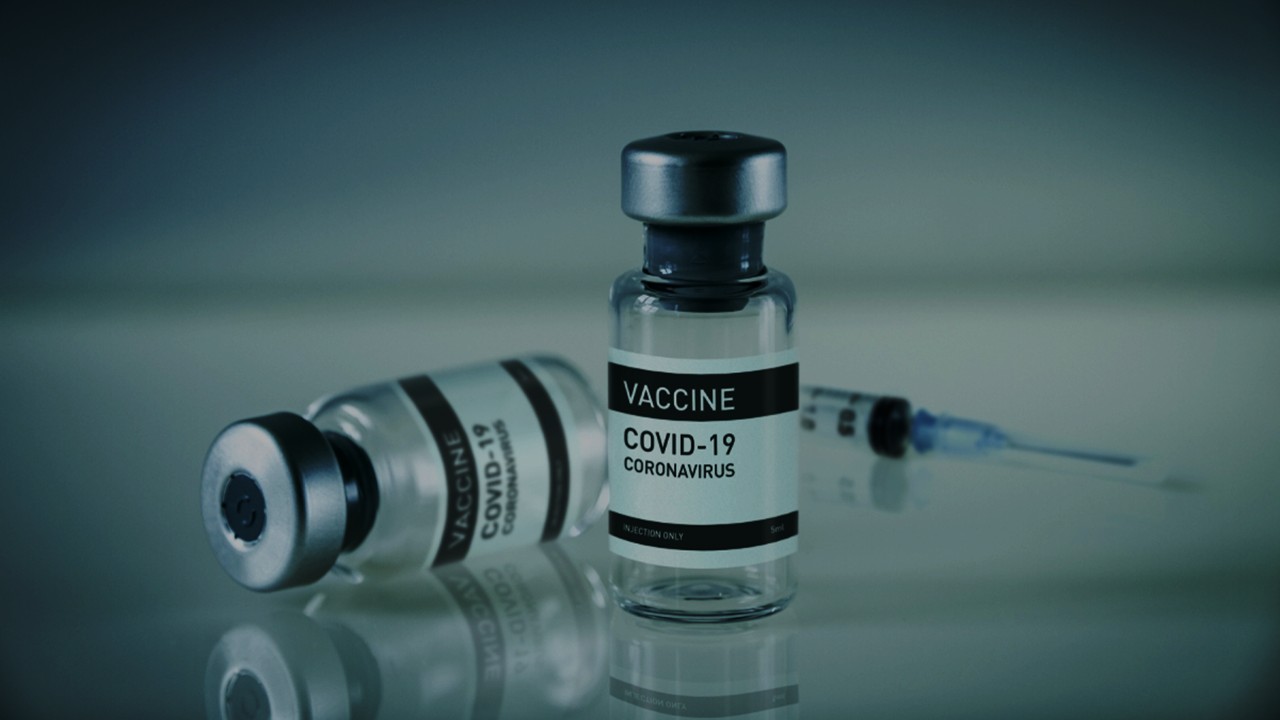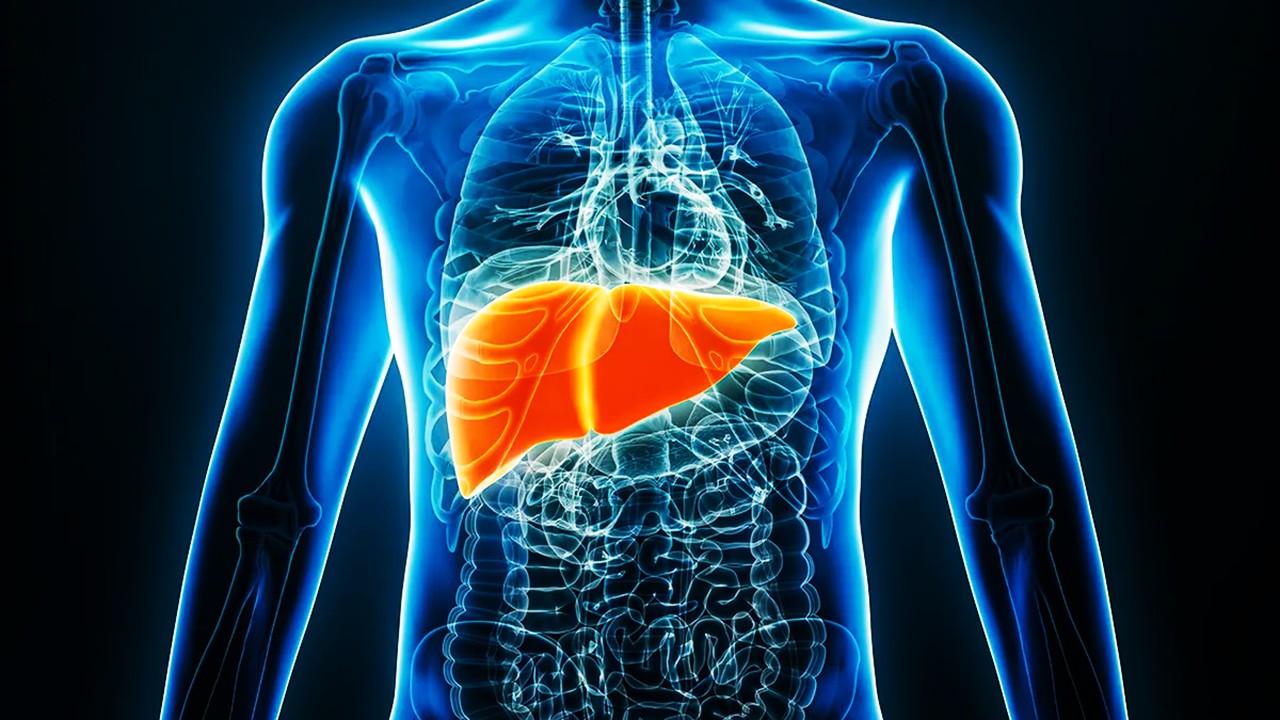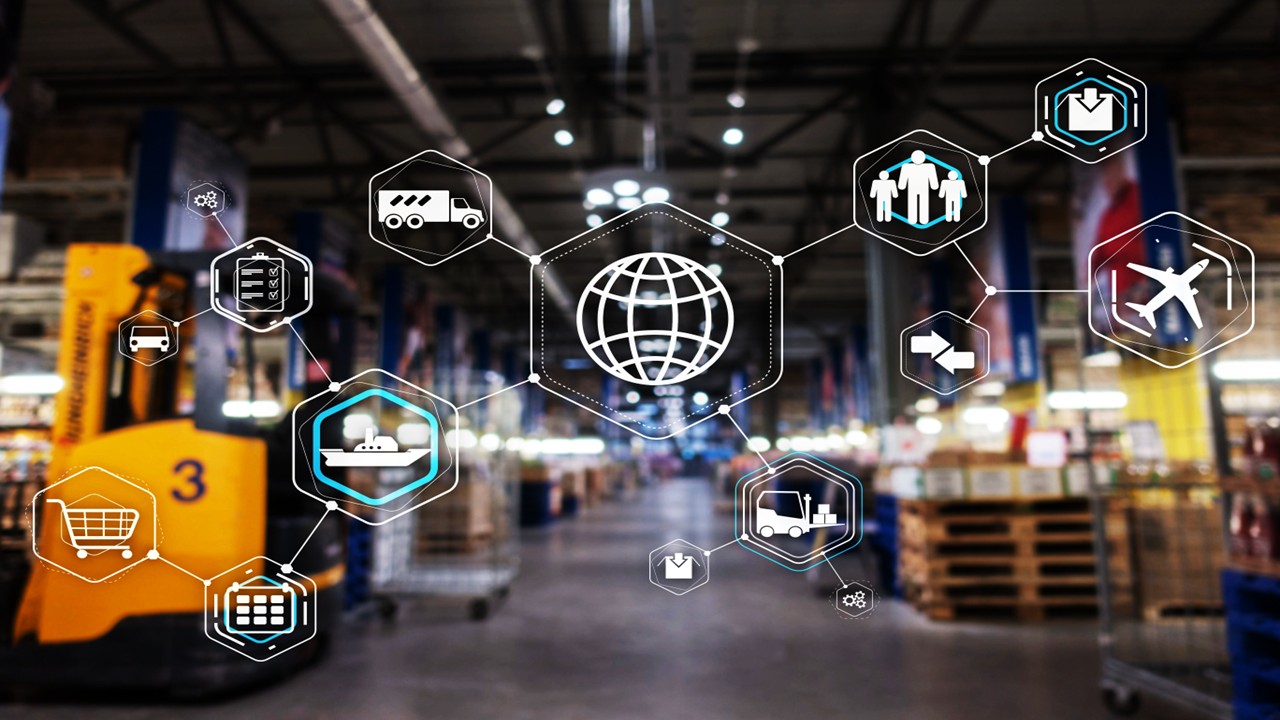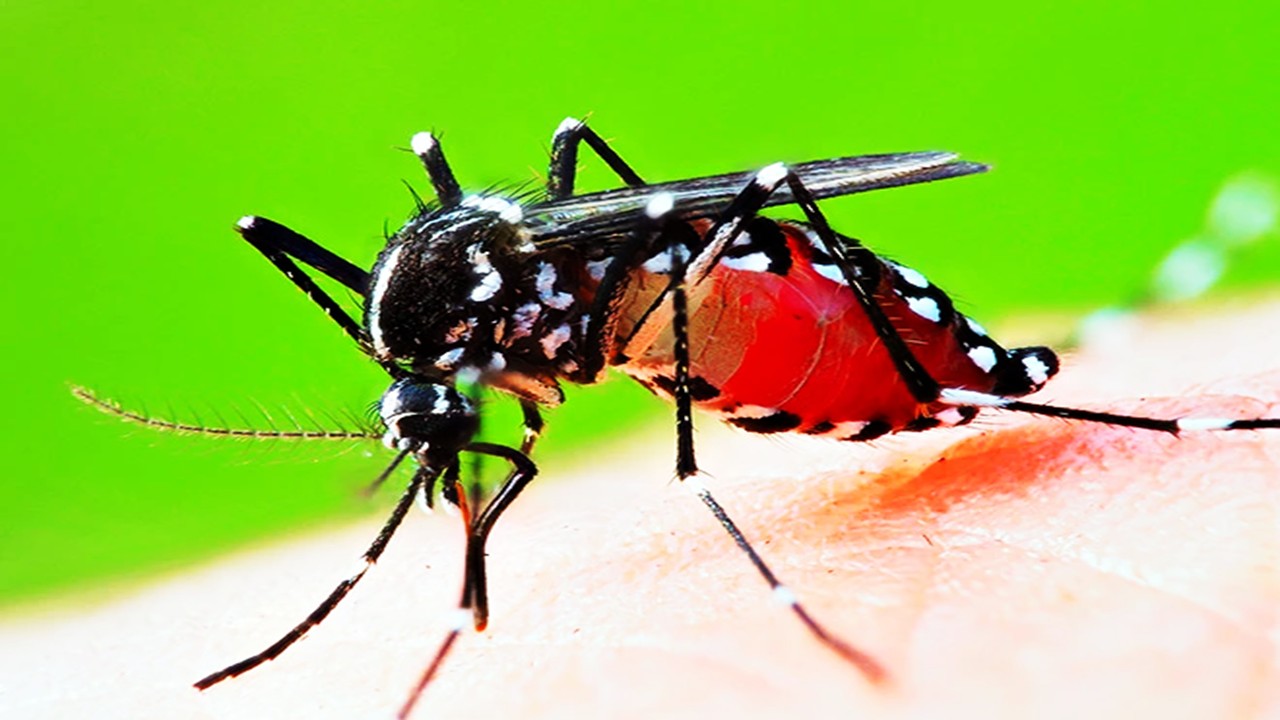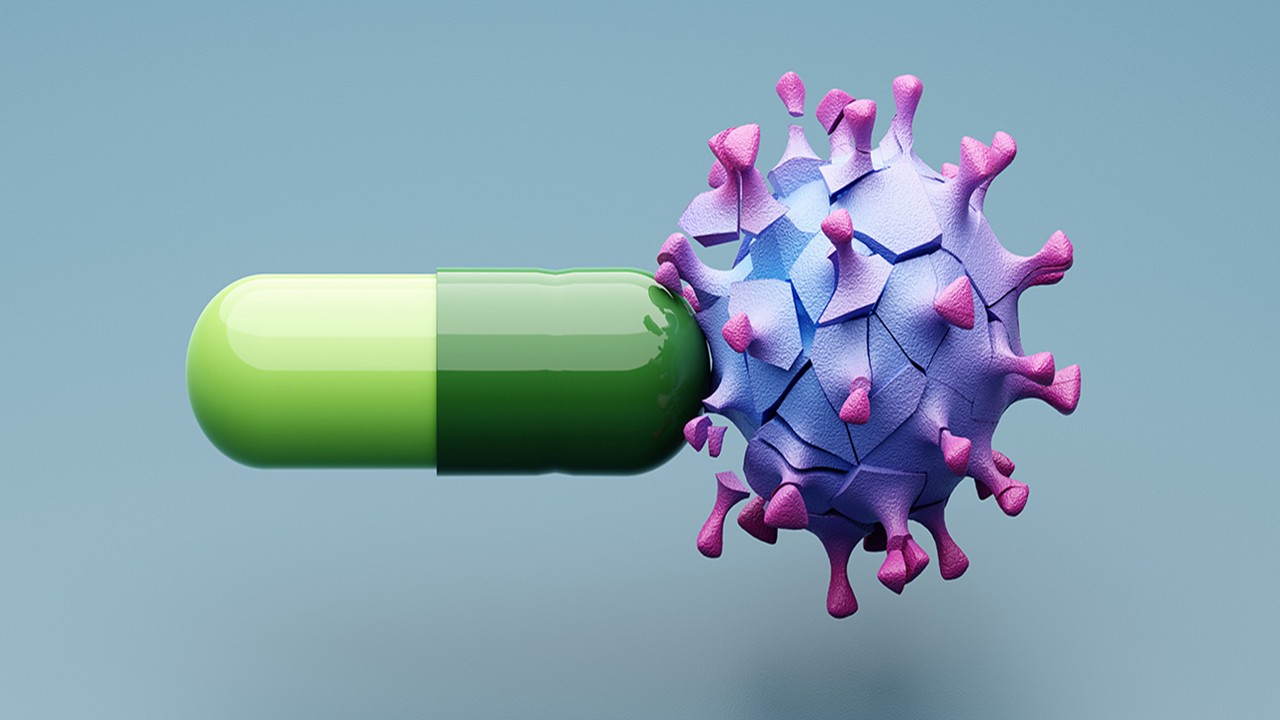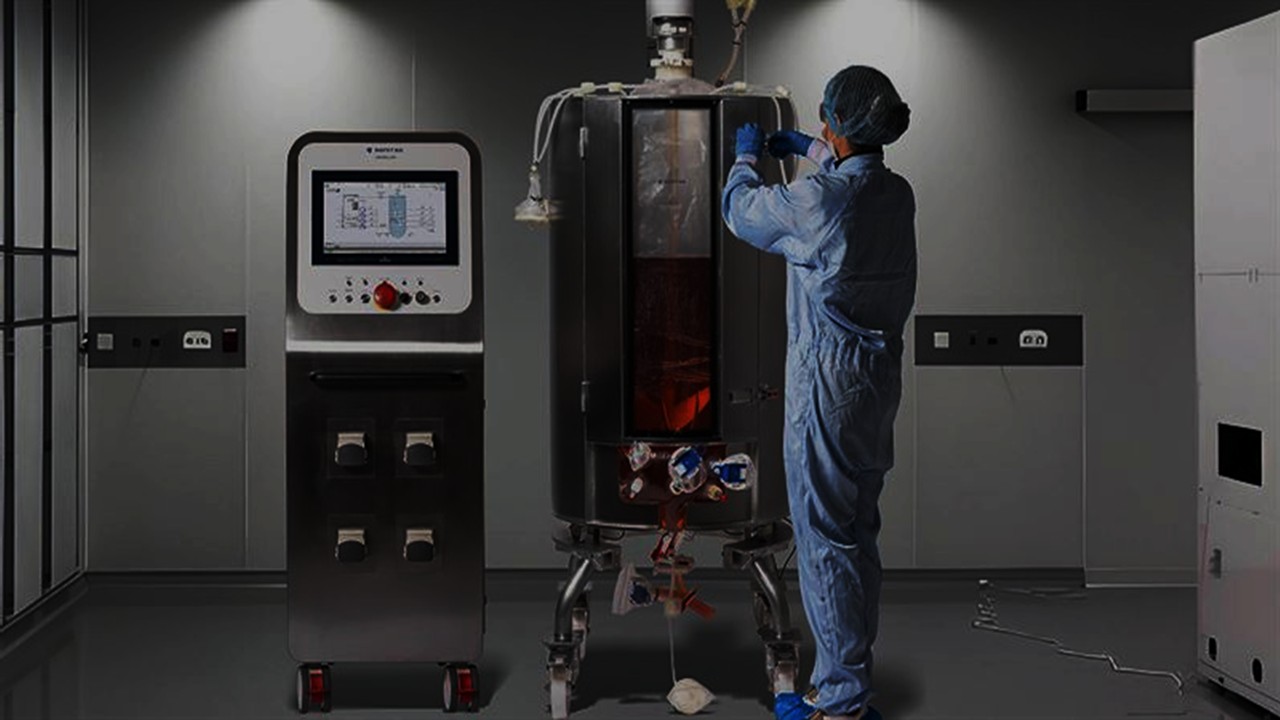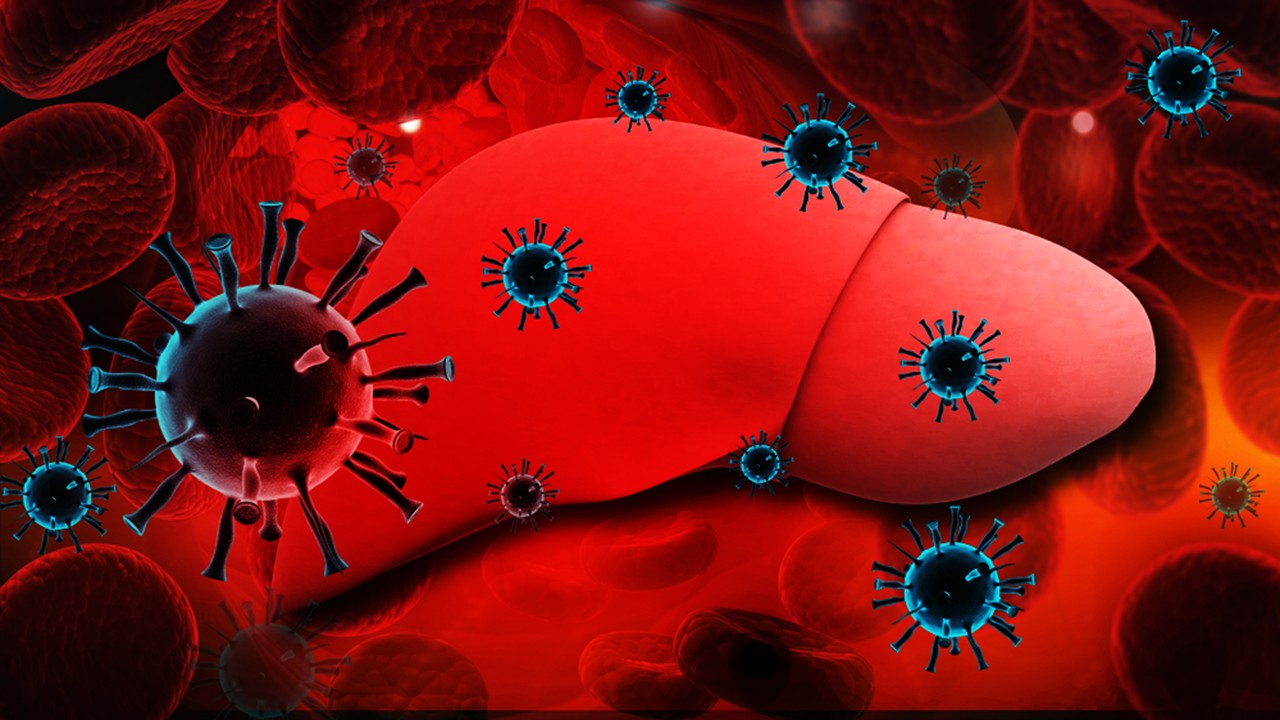Daewoong Bio is planning to enter the contract development and manufacturing organization (CDMO) business through large-scale investment.
Plunging Into the CDMO Venture
In Hyangnam, Gyeonggi Province, where the business already operates a facility, Daewoong Bio said last Monday that it will invest 146 billion won ($117.9 million) to develop a new biological medication plant. The development of the facility, which represents for approximately half of Daewoong Bio’s equity capital of 320.7 billion won reported in 2021, is a significant undertaking for the company when the 2.9 billion won land purchase cost is included.
Through chemical, manufacturing, and controls (CMC) research, Daewoong Bio conducts research and development on non-clinical raw materials all the way to clinical raw materials with procedures tailored to the demands of different clients. The company also offers a one-stop comprehensive package solution. This is because, in order to accelerate the development process of new drugs, pharmaceutical corporations are expanding the model of new drug raw material manufacturing.
Another in Hyangnam, The Latest Plant Addition
The new plant will become the fourth plant for Daewoong Bio. The business operates factories in Sichuan, China, Hyangnam, and Anseong, Korea. In April 2011, the Ministry of Food and Drug Safety granted good manufacturing practice (GMP) certification to the current Hyangnam factory, which was finished in December 2010.
The Hyangnam plant is a general active pharmaceutical ingredient (API) manufacturing facility devoted to producing ursodeoxycholic acid (UDCA), which is a raw material for Ursa, a hepatic protector, and fexuprazan hydrochloride, the primary component of Fexuclue, its gastroesophageal reflux medication. This facility has a total production capacity of 200,000 liters.
The Anseong facility, which produces completed pharmaceuticals for metabolic illnesses and the central nervous system (CNS), including gliatamin tablets, atorvastatin tablets, and clopidogrel tablets, has an annual production capacity of 400 million tablets.
In addition to producing raw materials, the Sacheon factory has teams for quality control, research, finance, and technical work, and it is capable of managing production, quality, facilities, and R&D.
As of 2021, Daewoong Bio reported 389.2 billion won in annual revenue, 82.33 billion won in operating profit, and 65 billion won in net profit. The cost of research and development (R&D) was 471.96 million won per year.
The Daewoong DNA
Daewoong Bio Inc., is an independent affiliate of the Daewoong Group based in Seoul, South Korea. Founded in 1983, the Daewoong Group produces cGMP complaint world-class products under quality guarantee systems. As a key manufacturer, the company provides active pharmaceutical ingredients (APIs) for global distribution and to multinational corporations developing original products.
Daewoong Bio Inc. is an enterprise based in South Korea. Its main office is in Hwaseong. It operates in the Pharmaceutical and Medicine Manufacturing industry. The company was established on April 01, 2009. It currently has a total number of 332 (2022) employees. It utilizes internal R&D, production facilities, and experienced marketing force with external global networks. Daewoong Bio is specialized in producing world-class antibiotic APIs and general APIs.
As a major API provider in Asia, Daewong Bio is currently expanding business into Western pharmaceutical markets through improved production facilities and adherence to rigorous cGMP standards. With its latest Hyangnam bioplant investment, the company aims to become a top API producer in South Korea as well as establish Daewoong Bio as an important global supplier of API for advanced pharmaceutical markets in North America, Europe, and Japan.
According to the most recent financial highlights, Daewoong Bio Inc. recorded a 14.83% growth in net sales revenue in 2021. The total assets of Daewoong Bio Inc. increased by 29.41% over that time. The business’s net profit margin improved by 2.67% in 2021.
Subscribe
to get our
LATEST NEWS
Related Posts
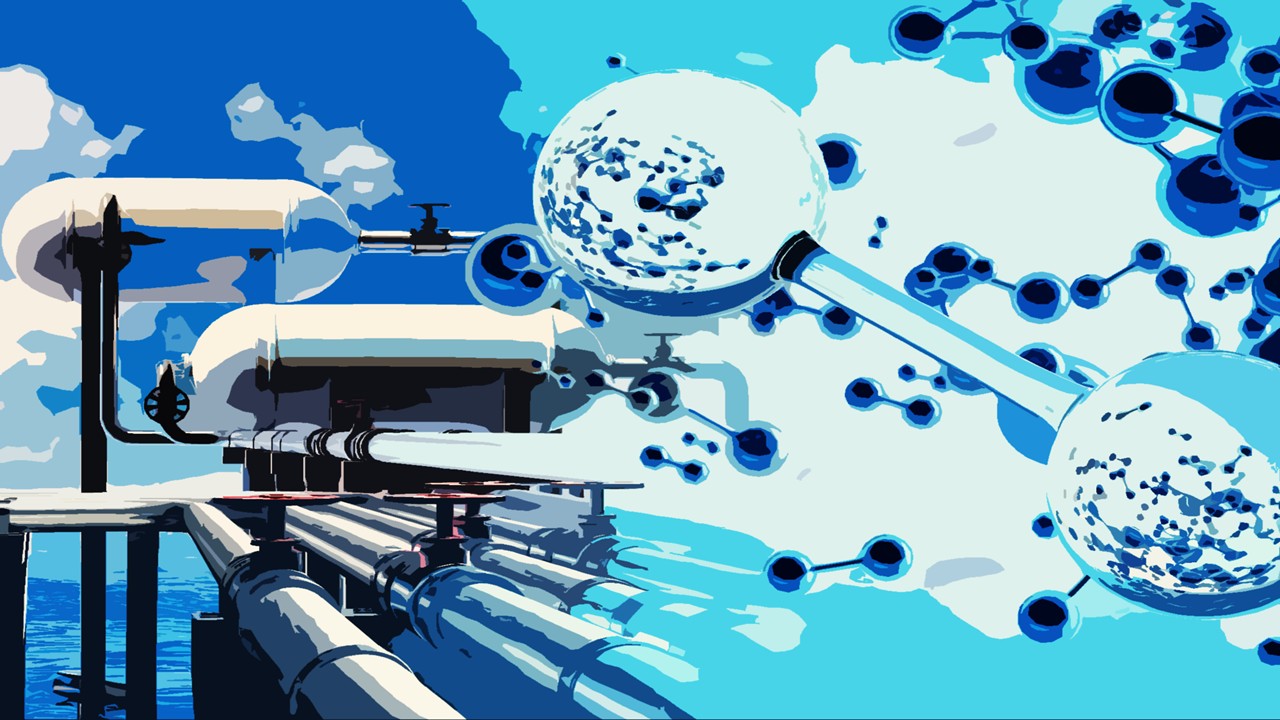
Chemistry, Manufacturing & Controls
The Hydrogen Equation: Rewriting Chemical Manufacturing for a Cleaner Future
Clean hydrogen symbolizes more than low emissions—it represents a commitment to circularity, precision, and regenerative design.

Chemistry, Manufacturing & Controls
The Biomass Imperative: Nature’s Chemical Feedstock for a Post-Petroleum World
The transition from fossil to biomass feedstocks represents more than substitution—it’s a fundamental reimagining of chemical manufacturing’s first principles.
Read More Articles
Mini Organs, Major Breakthroughs: How Chemical Innovation and Organoids Are Transforming Drug Discovery
By merging chemical innovation with liver organoids and microfluidics, researchers are transforming drug discovery into a biologically precise, patient-informed, and toxicity-aware process.
Tetravalent Vaccines: The Power of Multivalent E Dimers on Liposomes to Eliminate Immune Interference in Dengue
For the first time, a dengue vaccine candidate has demonstrated the elusive trifecta of broad coverage, balanced immunity, and minimal enhancement risk,




